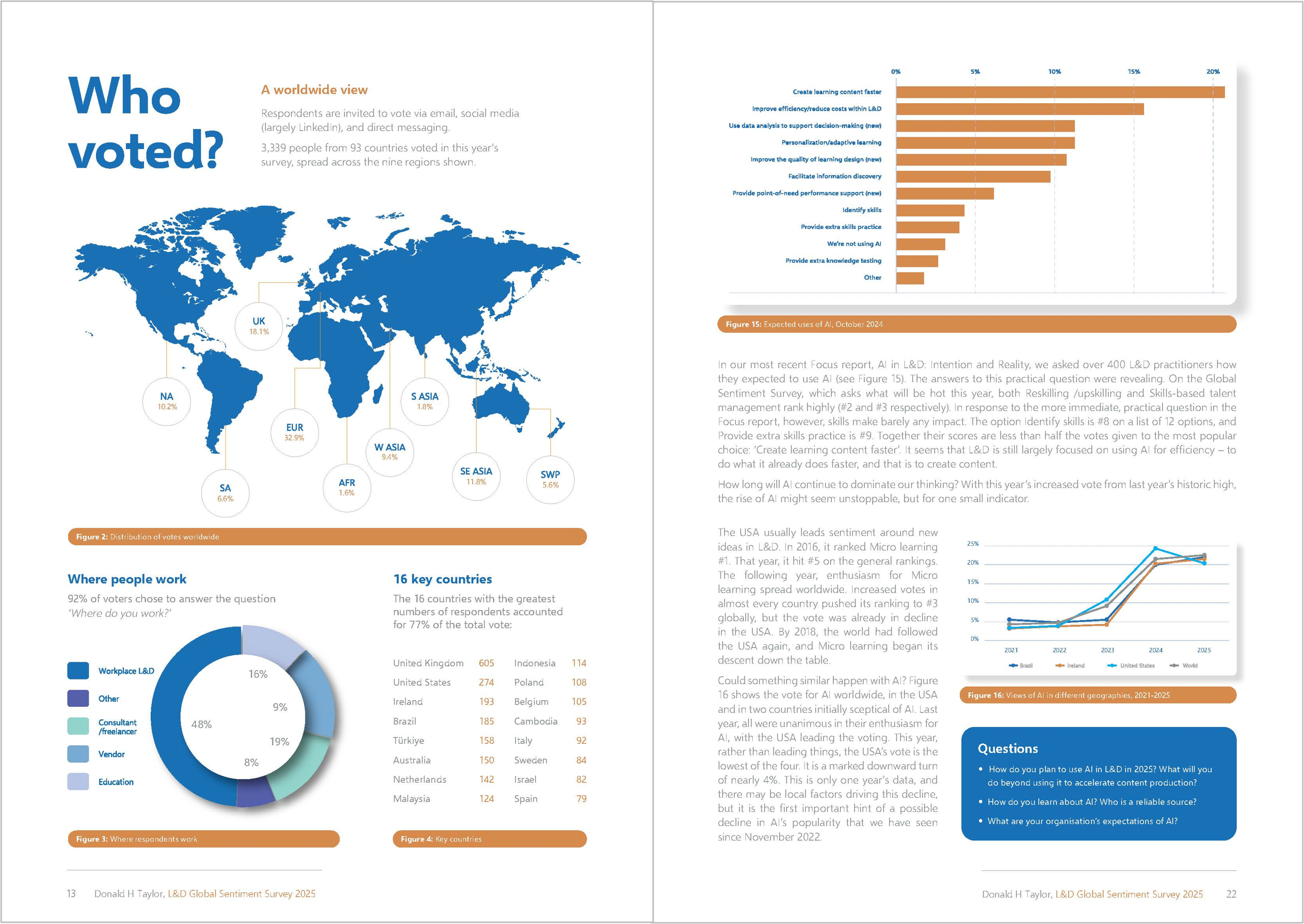“HR is our least important asset” say CEOs

Thomas Otter kicked off an excellent discussion last Friday in which he asked ‘several HR-HCM related bloggers’ (including me) what we thought of some pretty desperate survey results in Workforce Management entitled ‘Business Leaders Don’t See HR as Key to People Strategies‘.
A Deloitte Touche Tohmatsu / The Economist Intelligence Unit survey of 468 companies found that HR is ignored strategically and often sidelined even on traditional HR matters:
Only 23 percent of corporate leaders see their HR departments as currently playing a crucial role in coming up with corporate strategy and having a significant impact on operating results.
It isn’t that people are not our greatest asset. No, it’s the HR department that the CEO’s have trouble with…
In fact, the survey’s top 3 key findings (of eight) are:
- More than 85 percent of all surveyed executives consider people “vital” to every aspect of their company’s performance.
- 85 percent believe people issues will become more important over the next three to five years.
- 60 percent of senior business executives already consider people issues “very significant” or “highly significant” to strategic decision-making, and that number rises to 90 percent when looking three to five years ahead.
But what are they doing about it? Not turning to the HR department, that’s for sure. Check out key findings 6, 7 and 8:
- 52 percent of all respondents do not have a Chief Human Resources Officer (CHRO) or other C-level executive who is dedicated to people issues. (This should change in the next three to five years, as more than two-thirds of respondents expect to have a CHRO in place by then.)
- Within the next three to five years, the vast majority (82 percent) expect HR to be perceived as a strategic, value-adding function — not just a cost center. Yet only 23 percent believe HR currently plays a crucial role in strategy formulation and operational results.
- 63 percent of senior business executives rarely or never consult their senior HR team on mergers and acquisitions; 41 percent of HR leaders rarely or never consult their senior management team on outsourcing.
In reaction, the marvellously named EvilHRLady lays the blame squarely at the foot of HR, saying it’s time the department learnt to use the language of business to state cases and fight corners.
Unlike EvilHRLady, I have never worked in corporate HR, but I think she’s right. Question is – what’s the road map to travel from 23% of CEOs thinking HR is vital today, to meeting the expectation of the 82% that it will be vital in 3 – 5 years?
Unwittingly, I think that Jim Holincheck and Jason Corsello may have provided the answer. They have yet to post against Thomas’s tag, but have each recently mentioned Dave Ulrich’s 6 Competencies for HR Professionals:
- Credible Activist
- Cultural Steward
- Talent Manager / Organisational Designer
- Strategy Architect
- Business Ally
- Operational Executor
The CEO’s point is clear: at present, most HR people are good at administrative execution (competency 6), but lose credibility higher up the ladder. So that’s the road map.
Of course getting to your destination takes more than a map. It takes a decent vehicle and – when the going gets tough – some perseverance. And that’s the key question from this: can today’s HR leaders grow into excellence across this competency set? With CEOs claiming that people are vital to success, there has never been a better time to try. As survey co-director Jeff Schwartz, the global leader for people and change in Deloitte’s human capital practice says:
There’s a tremendous opportunity for HR to step into the breach and lead. The expectation is that HR will evolve from being a cost center to a value-adding part of the business.
And if HR doesn’t do it, they can expect that the vital people management roles of the future will get handled – elsewhere – while HR is relegated to permanently tracking absentism and shuffling holiday forms.


